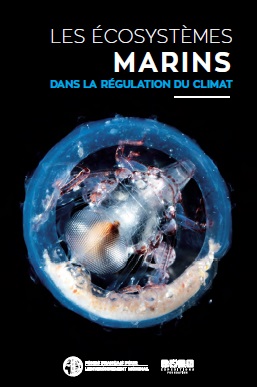Share the page
Aquatic ecosystems
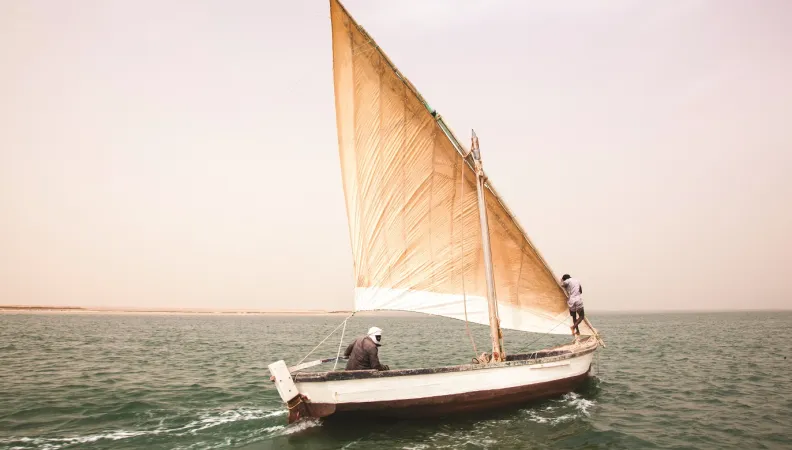
Our commitment
One of the first projects supported by the FFEM when it was created aimed to improve water resource management in the Jordan River basin. That was in 1994. Since then, the FFEM has continued to expand and structure its action to improve the resilience of aquatic ecosystems, from inland waters to the high seas.
FFEM's action is guided by France's commitments, particularly in the Ramsar Convention on Wetlands, the conventions and strategies of the International Maritime Organisation (IMO) and regional seas conventions (RMC). In this context, the FFEM supports the implementation of projects focusing on the management and restoration of aquatic ecosystems, particularly through SFNs, and the strengthening of the resilience of local populations.
Our action today
The FFEM's work is guided by France's commitments, particularly in the Ramsar Convention on Wetlands, the conventions and strategies of the International Maritime Organisation (IMO) and regional seas conventions (RMCs). In this context, the FFEM supports the implementation of projects focusing on the management and restoration of aquatic ecosystems, particularly through SFNs and the strengthening of local communities' resilience.
Our cross-disciplinary approach
Aquatic ecosystems are threatened by certain unsustainable human activities, both directly (e.g. unsustainable fishing practices) and indirectly (e.g. plastic or chemical pollution transmitted through runoff, waterways, wind or rain). Therefore, in order to preserve aquatic ecosystems, their biodiversity and their essential role in climate regulation, restoration and conservation actions must be combined with improved human practices.
Based on this observation, the FFEM supports projects related to aquatic ecosystems that take into account the convergence of biodiversity, climate and pollution issues.
In the oceans, climate change does not only cause sea level rise or coral reef bleaching. Combined with the increasing pressure on natural resources, it also leads to changes in fish community structures, with consequences for the economy and food security.
These are exacerbated by pollution, particularly plastic and noise pollution, and the spread of invasive species.
To protect the oceans, the FFEM encourages the improvement of practices within exclusive economic zones (EEZs) and the designation of protected areas in the high seas. To date, it is estimated that 8.1% of the oceans are covered by marine protected areas1, many of which are reportedly poorly and ineffectively managed.
Coastal areas and Small Island Developing States (SIDS) are particularly vulnerable to the effects of climate change, due to rising average sea levels and the increasing frequency of extreme weather events.
This vulnerability is worsened by the growing degradation of coastal ecosystems, caused notably by the artificialisation of coastlines, the extraction of marine materials (sand, coral), and the proliferation of dams. Furthermore, in the context of a pandemic that has significantly affected coastal and island economies, increased support for blue value chains that respect biodiversity is essential.
Freshwater ecosystems represent only 2.8% of the total amount of water available globally, but they are essential for the maintenance of biodiversity and public health. However, they are currently heavily impacted by the effects of climate change (droughts, floods) and anthropogenic pressures, such as urbanisation, poorly planned infrastructure development, and pollution.
The intensification of agricultural activities in watersheds increases the risk of degradation of surface and groundwater quality.
The FFEM aims to conserve freshwater ecosystems and to ensure the quality, availability, and equitable access to freshwater resources.
Focus on the Mangroves Initiative
Launched in 2018, the Mangroves Initiative aims to develop exchanges of experience between mangrove coastal protection and regeneration projects, build scientific and technological knowledge, and capitalise on and promote their achievements. Its collaborative platform is a key tool for building bridges between experts and researchers from different continents in Latin America, Africa and Asia, promoting exchanges and disseminating progress throughout the implementation of projects.
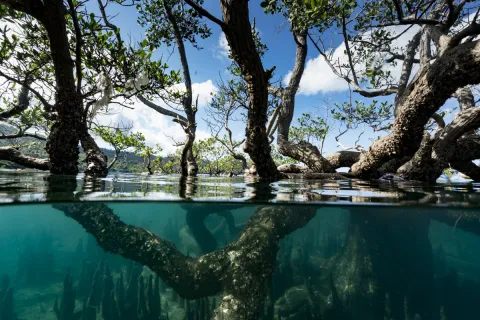 Alexis Rosenfeld
Alexis Rosenfeld
Download the FFEM brochure on aquatic ecosystems
In the field
Key figures, projects, news and publications are just a click away.
In figures
-
89 projects funded since 1995
-
116 M€ committed since 1995
-
29 projects underway in 2025
-
38 M€ committed since 2025
Focus on our projects
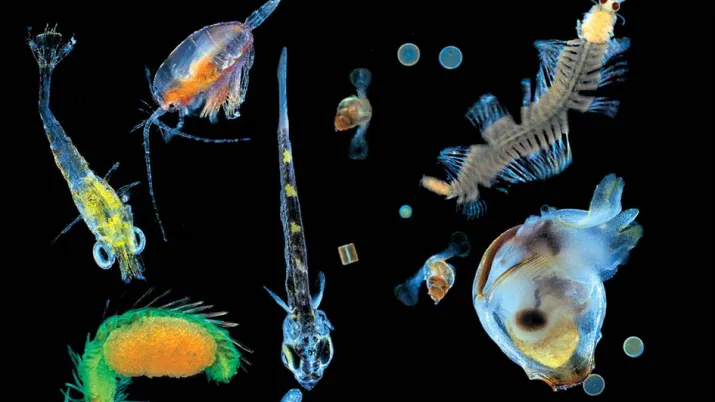
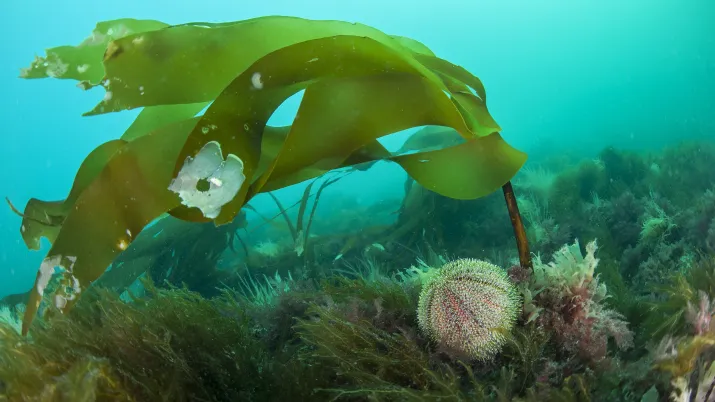
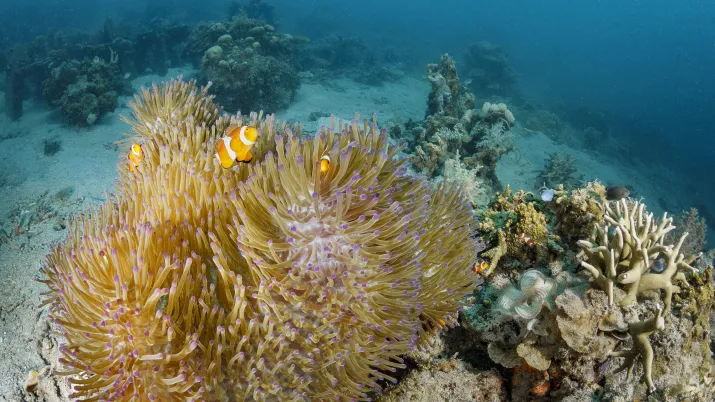
Focus on our publications
